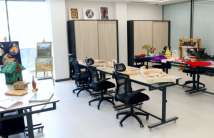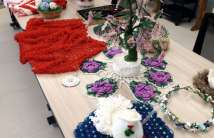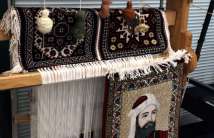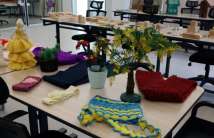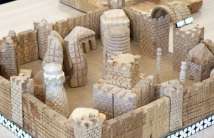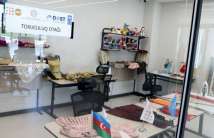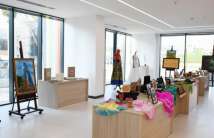Azerbaijan's first Inclusive Art School continues its activities at the newly opened Baku DOST Center No. 4
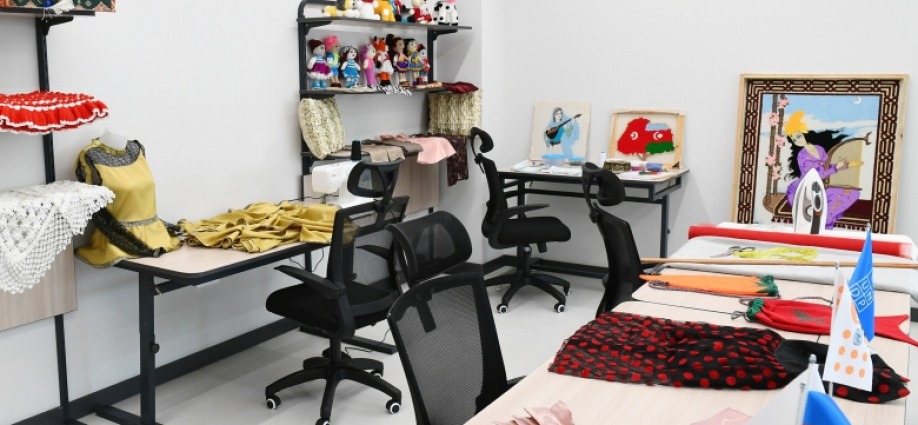
Azerbaijan's first Inclusive Art School continues its activities at the newly opened Baku DOST Center No. 4. The School of Inclusive Art was established within the project "Ensuring the rights and welfare of women with disabilities and veterans of the Karabakh war" initiated by the First Vice President of the Republic of Azerbaijan Mehriban Aliyeva. The project, jointly implemented by the Ministry of Labor and Social Protection, the United Nations Development Program and the United Nations Population Fund, aims to support the government's efforts to ensure the rights and well-being of these categories of people.
The Inclusive School of Art teaches students with disabilities over the age of 16 free of charge, and for students without disabilities, knowledge and skills in painting, weaving and wood carving for a symbolic fee. The school is provided with furniture and equipment based on the principle of universal design and accessibility for all.
With the onset of the COVID-19 pandemic in 2020, the school switched to online education and provided students with the necessary equipment and tools for online learning. Until now 10 live and 71 online lessons have been organized for 22 students.
Last year, on the occasion of the International Day of Persons with Disabilities, an exhibition of handicrafts was organized for the students of the school to earn money from the handicrafts made here. Handicrafts and drawings are also posted on the Virtual Laboratory for Skills Development and Training (V-Lab) www.vlaboratoriya.social.gov.az platform.
The school is now ready to accept more students, and people with and without disabilities who wish to enroll in classes can apply by filling out the appropriate application form. If necessary, a special vehicle will be provided for students with disabilities to travel to and from school.
The project "Ensuring the rights and welfare of women with disabilities and veterans of the Karabakh war" is being implemented in Baku, Salyan and Masalli regions. Launched in 2019, the project has helped improve the quality of life of 2,500 women and war veterans with disabilities by creating job and vocational training opportunities and making public spaces more accessible.
